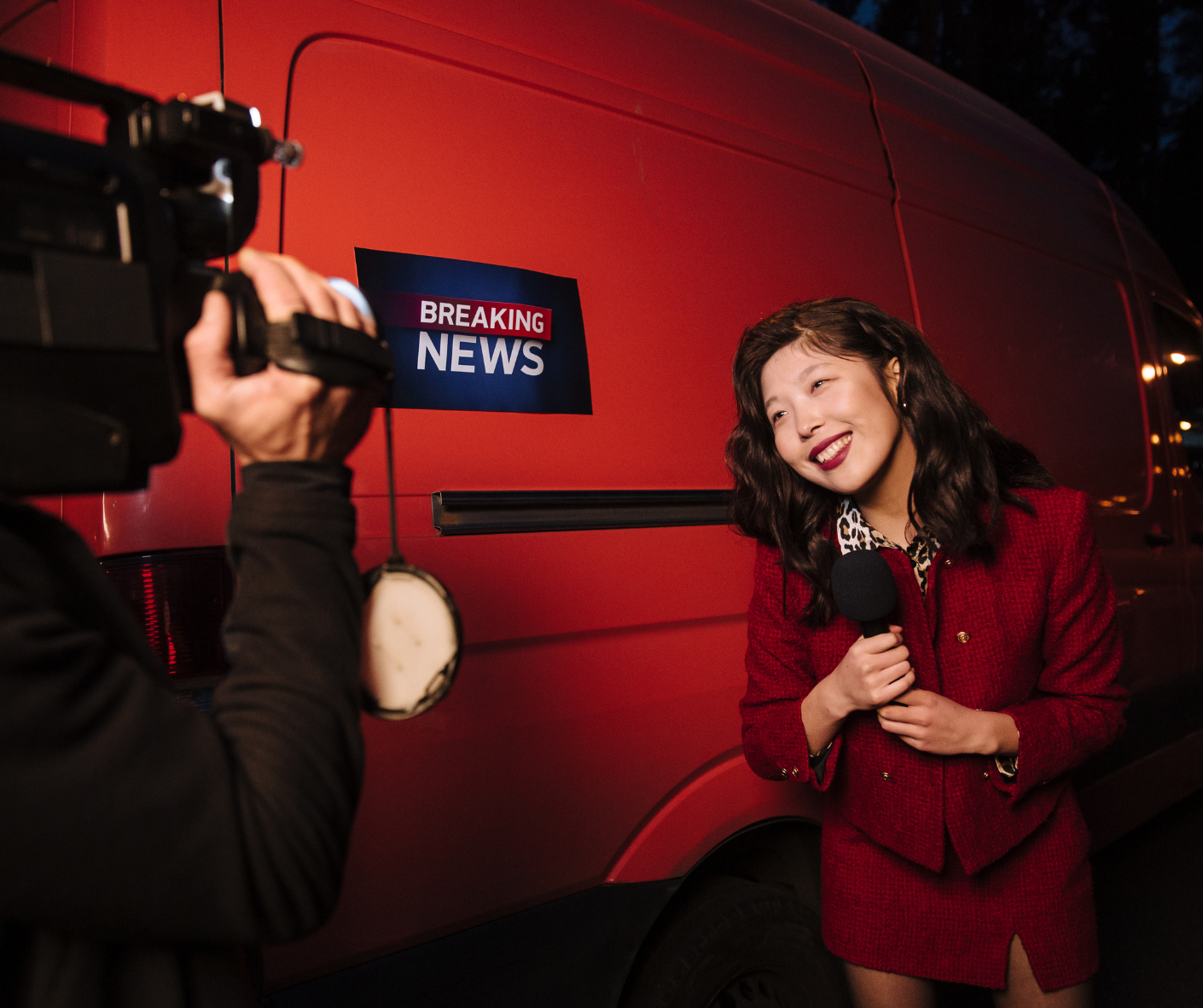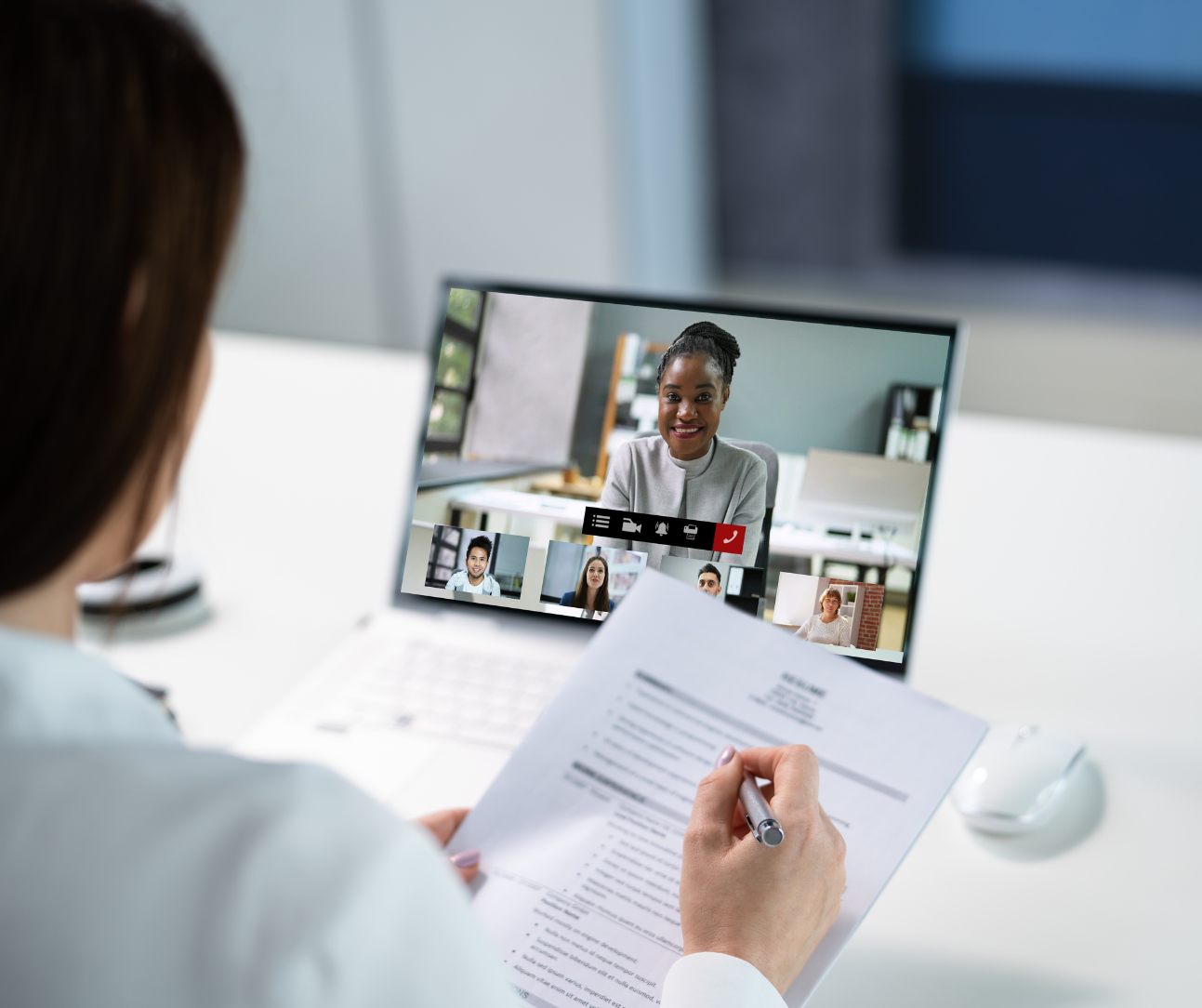So You’re Going on TV? Congratulations! 🎉
First of all — be comfortable and know you are worth it. You’ve been invited on air because you have something valuable to share. That invitation is proof that your voice matters, that the work you’ve been doing is resonating, and that people want to hear your perspective. This is not by accident — you’ve earned this.
Even if you paid for your TV feature, understand this: if the station didn’t see you as worthy of their platform, they would have found a reason to say no. Media outlets protect their credibility. They choose guests and stories that reflect the standard of content they want their audience to see. So, if you’re on that set, it’s because they believe you’re worth hearing.
TV appearances can feel like high-pressure moments, but they can also be some of the most rewarding opportunities in your journey. The key is to walk in with both confidence and clarity. Before you step into that studio, take some time to really anchor yourself in what you want to communicate. Think about the single most important thing you want the audience to take away from your appearance. Let that become the heartbeat of your conversation, something you can circle back to naturally no matter where the interviewer leads you.
Preparation matters, but over-rehearsing can drain the life from your delivery. Aim for a balance where you know your material well enough to speak confidently, but still leave room for authenticity and connection. You’re not there to deliver a memorized script — you’re there to connect with real people on the other side of the camera.
The way you present yourself visually also shapes how people receive your message. Wear something that makes you feel good — solid colours tend to work better on camera, and avoiding busy patterns or reflective accessories keeps the focus on your face and your words. When you feel comfortable in what you’re wearing, that comfort naturally translates into confidence.
Your body language speaks long before you say a word. Sit or stand tall, keep your shoulders open, and use intentional, controlled gestures. Smile when it feels right, not forced, because an authentic smile shifts your tone and makes you more relatable to viewers. And remember to focus your gaze on the interviewer unless you’re directed otherwise — it creates a natural conversational rhythm.
When the questions get tricky, stay calm. If you don’t know the answer, it’s completely fine to acknowledge that and offer to follow up. What matters is that you remain composed and bring the conversation back to what you do know — the areas where your expertise shines brightest.
Above all, allow yourself to enjoy the moment. You’ve been given a platform to share your voice with a wider audience. Embrace it. Let your passion come through in your tone, your expressions, and your words. You’re there because you’ve earned your place, and your story deserves to be heard.
If you have a TV appearance coming up and want to make it truly impactful, Blastily can help — from media training to press release marketing to strategies that keep your name in the conversation long after the cameras stop rolling. Because being on TV isn’t just about the moment — it’s about the momentum you can build from it.


A TV appearance is a special opportunity
It means your voice, your work, and your story are being given a wider platform. Whether your spot is paid or earned, you’re there because the station believes you’re worth it. Take a deep breath, slow down, and speak with calm confidence. There’s no need to rush — steady, thoughtful delivery will keep your audience engaged. Prepare your key points, stay present, and enjoy the moment. You belong there, and the world is ready to listen.
Paid or unpaid, if you’re on TV, it’s because you’re worthy of the platform — they don’t hand their audience to just anyone.
Whether your TV appearance is in-studio or virtual, set yourself up for success. Arrive on time or log in early if it’s online so you can settle in without rushing. If it’s virtual, test your connection, camera, and sound in advance to avoid last-minute stress. Choose a quiet, comfortable space where you can focus fully on the conversation, and keep a glass of water nearby to stay clear and steady. Small preparations like these make a big difference in how confident and composed you feel on air.




This resonates deeply! My own media experience taught me that the magic happens when preparation meets genuine connection with the audience. Thank you for putting it so clearly.